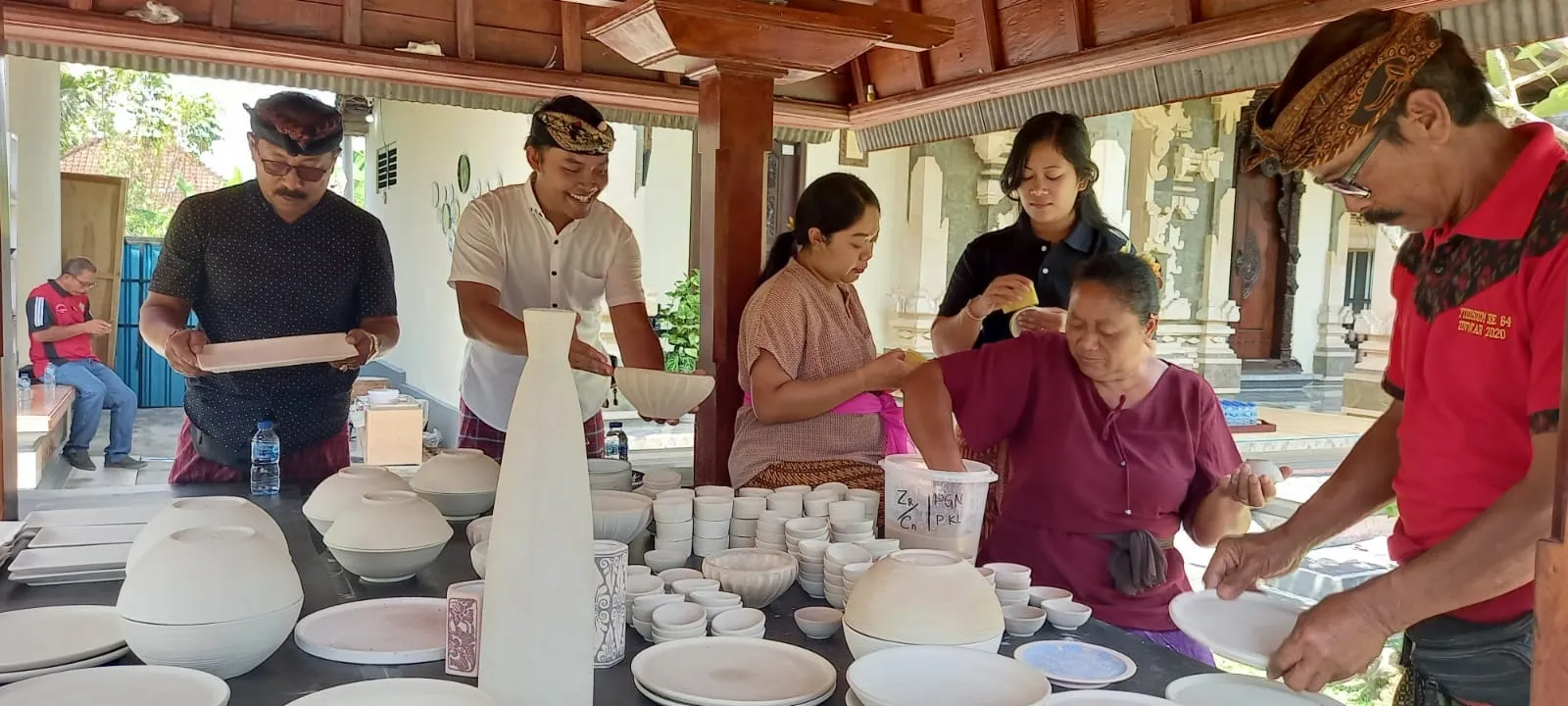The Indonesian ceramic industry has experienced a significant reduction in energy costs due to the implementation of the Specific Gas Price Subsidy (HGBT) policy. This initiative has led to a 23-26% decrease in energy component costs within total production capital. The HGBT program targets seven industrial subsectors, including ceramics, by setting gas prices at $6.5 per million British thermal units (MMBTU).
Impact on the Ceramic Industry
According to Edy Suyanto, Chairman of the Indonesian Ceramic Industry Association (Asaki), the HGBT policy has provided substantial benefits, such as new investments, increased employment, and higher tax contributions to the state. These advantages are particularly crucial for the ceramic sector, which relies heavily on energy-intensive production processes.
Regional Variations
The implementation of HGBT has varied across regions. In West Java, the policy has been fully implemented, resulting in significant cost reductions. Conversely, in East Java, since its introduction in 2020, the policy has been subject to usage restrictions, with quotas set at 70-75% of the gas contract volume.
Concerns Over Gas Price Increases
Despite the benefits of the HGBT, the industry faces challenges due to recent increases in gas prices. PT Perusahaan Gas Negara (PGN) has set the regasified gas price at $16.77 per MMBTU, effective from January 1 to March 31, 2025. This price hike is considered the highest in Southeast Asia and poses a significant burden on the domestic ceramic industry.
Call for Policy Continuation
Industry leaders, including Yustinus Gunawan, Chairman of the Gas Users Industry Forum (FIPGB), emphasize the need for government intervention to manage gas supply and pricing. They advocate for the continuation of the HGBT policy to ensure the competitiveness and sustainability of the ceramic industry.
Conclusion
The HGBT policy has played a pivotal role in reducing energy costs for the Indonesian ceramic industry, fostering economic growth, and enhancing competitiveness. However, recent gas price increases highlight the necessity for ongoing government support and policy adjustments to maintain the industry's viability and growth.
Read More






 Monday, 26-01-26
Monday, 26-01-26







